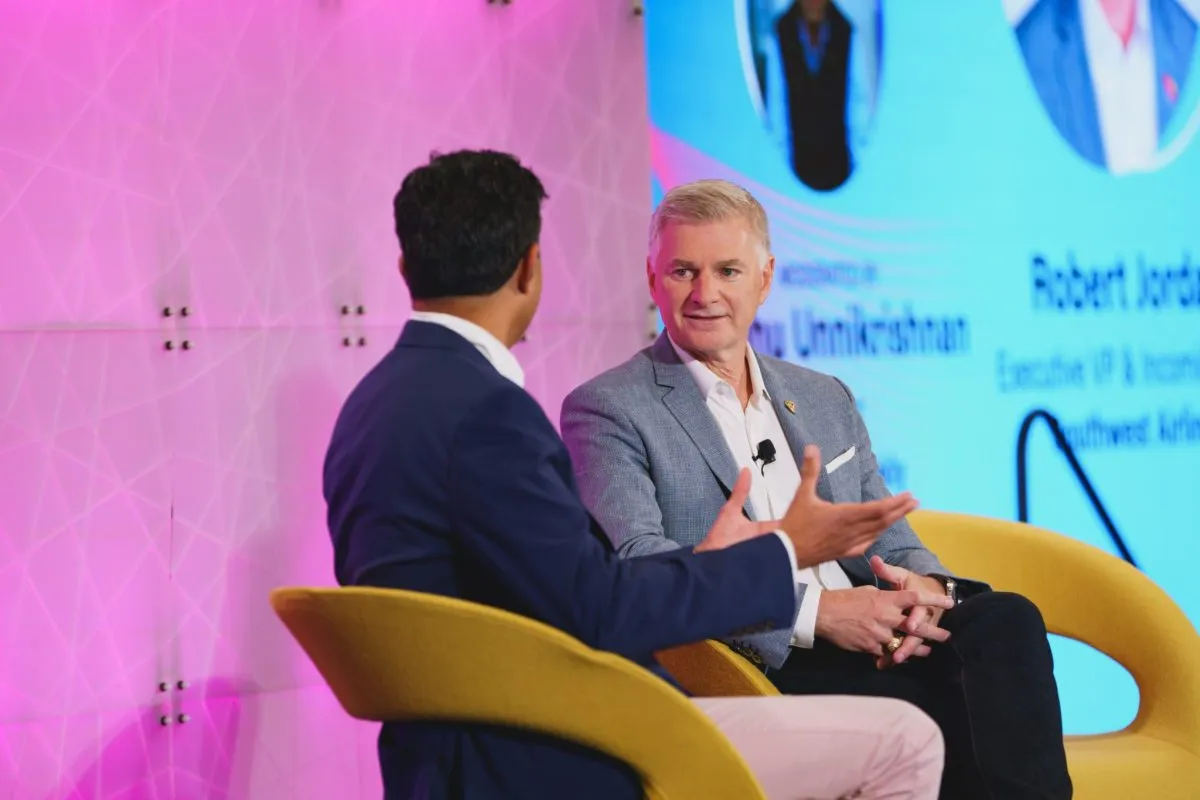Firm hired for Olympics security turns to budget-priced temps for leadership
Skift Take
Source: The Daily Telegraph
Author: Emma Rowley and Graham Ruddick
The giant security company G4S has been relying on a team of low-cost temporary managers to oversee its crisis-hit Olympics security staffing operation, it can be disclosed.
The company has been using a team of less than 10 permanent staff alongside a 700-strong force of so-called managers to run the £284m contract.
Less than two months ago, G4S boasted to investors that this overall reliance on temporary managers on fixed-term contracts would keep costs down and simply be aided “with a bit of expertise from elsewhere in the group”.
Outlining the temporary management workforce in May, chief executive Nick Buckles said G4S had “learnt from previous companies’ experiences [that] the legacy costs of having a workforce laying idle after the Olympics almost does away with the benefits of doing it”.
Last night, it emerged that the company had now been forced to parachute in a new 12-strong team of senior internal executives to try to stop the stricken project spiralling out of control.
Mr Buckles confirmed: “We have had another team layered on in there for the last seven days from other parts of G4S trying to get it sorted.”
But, with the Government now forced to call in 3,500 Army personnel to fill staffing shortfalls faced by the company, G4S is facing serious questions over its management strategy.
Margaret Hodge MP, chairman of the Public Accounts Committee, said: “They ought to have thought about that aspect, that if you get temporary people they are less experienced.
“You are bound to have some temporary staff [on a job of this size], but you think through the impact of that in terms of how you organise and supervise that.”
G4S is understood to believe that temporary managers would not necessarily be less competent than permanent staff and that their use is a common 'industry model’. However, Kevin Green, chief executive of the Recruitment and Employment Confederation, said the comments pointed to a wider issue, that “if in May they were being quite positive externally, then clearly people weren’t flagging the issues”.
Mr Buckles will on Monday come under further scrutiny if his company’s share price plunges sharply. G4S is braced for the first day of trading in which investors can react to its Friday night admission that the company faces a loss of up to £50m over the Olympics contract, rather than a profit.
The chief executive will also come under political pressure, due to appear tomorrow before MPs for a grilling alongside G4S executive Ian Horseman-Sewell, responsible for overseeing the Olympics contract.
A G4S spokesman said that as of Friday night chairman John Connolly was still backing Mr Buckles, but referred to Mr Buckles’ own comments as to whether he would stay on.
“The share price is going to move on Monday, it just depends how much,” Mr Buckles told the Telegraph. “I have been here 27 years. I am very committed to staying. It just depends, doesn’t it?”
Mr Buckles’ position has already been made vulnerable by a botched multi-billion pound takeover of Danish cleaning firm ISS last year. Investors said their confidence in management had been further hit by the Olympics fiasco, although it is thought they may wait until after the Games to force any executive shake-up. One investor source said: “The management is starting to look extremely accident-prone.”
While Mr Buckles is now said to be focusing solely on the Olympics project, holding daily meetings with the Home Office, his chairman Mr Connolly will this week meet with shareholders.
Mr Buckles has said that he will not receive a bonus . Nonetheless, if he goes, he stands poised to exit with a package of up to £21m. That comprises his £830,000 salary, shares worth £5.7m, an £8.7m pension pot and – to what extent is unclear – up to £5.7m shares vesting under a long-term incentive plan. ![]()




